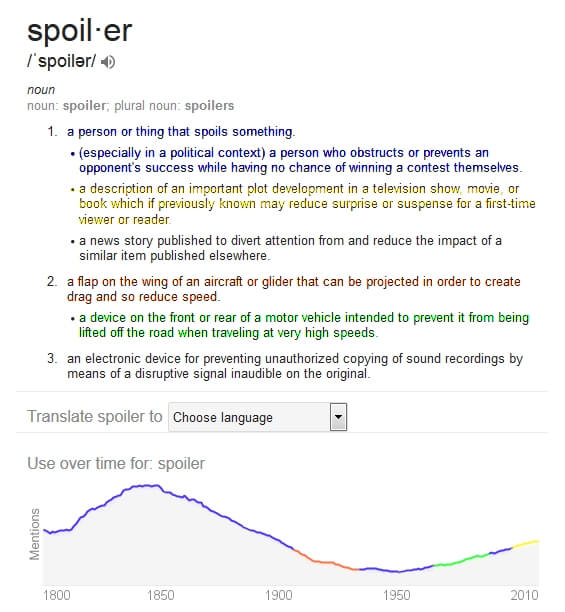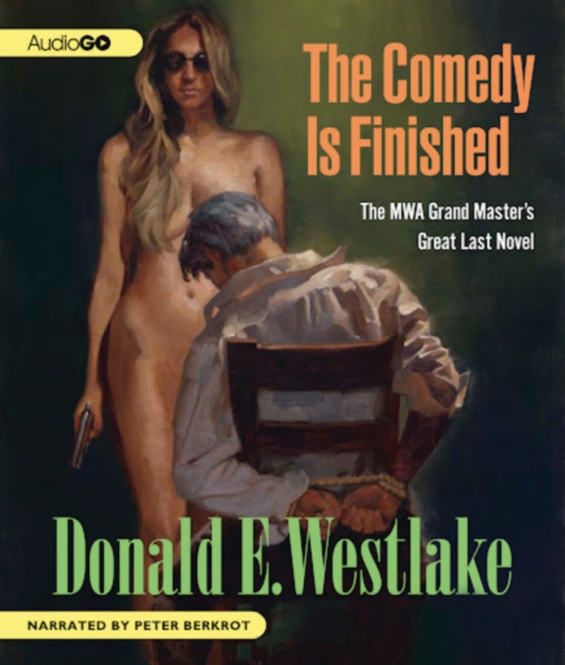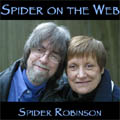
Spoilers…. this post will point out how fucking stupid spoilers are.
See that yellow line at the end? That’s the spoilers I’m talking about. That’s the one I don’t give a shit about – and that’s the one that seems to have infected the minds of practically every conversation about books in the last 10 years. It’s pretty fucking sad to me that the only place one can really go to find out anything about a book is Wikipedia. Wikipedia, the one place that has a rule about not allowing argument about a book, the only place I can seemingly go to find out whether I’ll want to read a book.

So this is a pretty hard topic to research. Those colours, on the “use over time” above, are mine. I’m guessing with them, going with my sense of the predominate usage of “spoiler” – I think I once read that Spider Robinson coined the modern genre usage back in the late 1970s, in a column or something. Roger Ebert seems to be attributed it for movies. But what I’m certainly not talking about third party political candidate phenomenon (the idea is that they ruin elections), nor am I talking about the wings mounted on the backs of sports cars (which reduce aerodynamic lift) – I’m talking about the “spoilers” that dominate and limit book talk today – the ‘who dies at the end’ of a movie or TV show kind of “spoiler!” [said with glee], the ‘who’s whose secret sister to whom’ – or some such inane detail that someone thinks is crucial to appreciate something.
That person, actually, its you – its you – you are the person who uses the term “spoilers” – you’re well, you’re just really really wrong.
I understand, these trendy terms and turns-of-phrase are inevitable, unstoppable. One may as well fight against the tide as fight against them.
If you look to the past, as I am always doing, you will see how oblivious to the stupidity people are – check out this list of ridiculous 1980s phrases and euphemisms and you’ll see just how stupid people were in the 1980s were.
I know it is pointless to fight but I’m going to anyway, I’ve staked my claim on the beach, anchored myself to the bedrock beneath the shifting sand, and I’m beating against the endless wash of “spoilers” as hard as I can – my lone and lonely voice against “spoilers” is a valiant fight, and it is a fight I’ve long been losing – but that’s the point I’m trying to make – we all lose, whenever a conversation about any book somebody is discussing is truncated because they think some fact could “spoil” a book.
Even the word is stupid. “Spoilers” even if they have an effect won’t utterly ruin anything that is truly good” – but I understand, hyperbole is effective, the words “enjoyment lessener” or “surprise reducer” and thus would be unsurprisingly less enjoyable to use.
I really think it all just boils down to one point. I know it is doomed to failure, but I just have to say it – if you could just grasp it – if you could only grok it, deep down in your bones, in your genes – you’d stop having that word come out of your mouth when it comes to books.
I can almost understand it when it comes to a very narrow subset of movies, like The Crying Game, or Chinatown, or The Sixth Sense (the only thing The Sixth Sense has is the twist/surprise/point of the whole 1 hour and 47 minute exercise).
But books aren’t like that. And honestly, if you think about it, TV shows aren’t either.
Spartacus dies, I knew that going in, the fact enhanced my pleasure.
Whether Walter White gets away with his crimes or not isn’t the point of me watching Breaking Bad. I enjoyed the journey (except for that one episode where nothing happens).
In terms of TV shows it all comes down to this, do the people who make the show know where they‘re going? Do they know how it ends? If they do, great. If not, you’re fucking LOST.
Now books are a completely different deal, and here’s why. Books are long, and they are many. Being long and being many means we can’t read all of them, not even all the ones we want. And ultimately I think this explains why the term “spoiler” crops up in practically every conversation about book these days. If you don’t understand this one point, a small matter you think you know (but don’t really accept) if you just could accept this concept, really take it on board, namely that we are all going to fucking die, your saying “spoilers!” would rapidly diminish.
You who say “spoilers” act as if we had an infinite amount of time to read all the books.
This is stupid.
There are now more books published every year than we could read in all our lifetimes. So if you tell me that some point or other “spoils” a book then what you’re essentially saying is that you think I’d be less inclined to read the book if I knew some fact about the book. But this misses the point, I’M NOT GOING TO READ THAT FUCKING BOOK.
So, to sum up, please stop the self-censoring. I’m not going to read that book you don’t want to spoil for me, not unless you tell me something about it, something interesting.
Posted by Jesse Willis
Update: here’s a Google N-gram for the phrase “spoiler alert”






